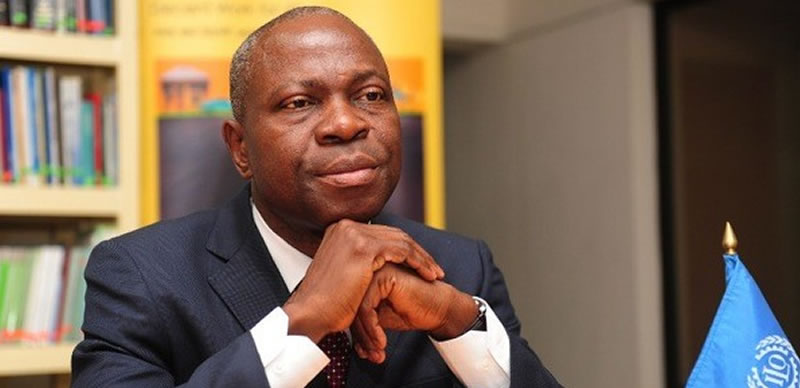The G20 labour ministers, convening in George, South Africa, under the banner of “Solidarity, Equality, and Sustainability,” have set forth ambitious new global targets designed to tackle pressing labour market inequalities, specifically focusing on youth unemployment and the persistent gender pay gap. This renewed international commitment aims to build a more inclusive and equitable future of work, recognizing the untapped potential of young people and women in driving economic growth and societal progress. The International Labour Organisation (ILO) lauded the ministers’ declaration, urging nations to translate these commitments into concrete action.
The centerpiece of the G20’s renewed commitment to youth employment is the Nelson Mandela Bay Youth Target, which sets a goal of reducing the proportion of young people (aged 15-29) not in employment, education, or training (NEET) by an additional 5% by 2030. Building upon the foundation laid by the 2014 Antalya Commitment, this new target signifies a heightened sense of urgency in addressing the global youth unemployment crisis. The ministers emphasized the need for robust national youth employment strategies, improved access to technical and vocational education and training (TVET), fostering youth entrepreneurship, and targeted support for vulnerable groups such as young women and youth with disabilities. These strategies aim to equip young people with the skills and opportunities needed to thrive in the rapidly evolving world of work.
Complementing the focus on youth employment, the G20 ministers also adopted the Brisbane-eThekwini Goal, a dual commitment to reducing the gender labour force participation gap by 25% and the gender pay gap by 15% by 2030 and 2035, respectively. This goal acknowledges the persistent disparities between men and women in the labour market and seeks to dismantle the structural barriers that hinder women’s full and equal participation. Achieving these ambitious targets requires a multi-pronged approach, including promoting equal pay for work of equal value, investing in quality care services, and challenging societal norms that limit women’s opportunities. This initiative underscores the G20’s understanding that gender equality is not only a fundamental human right but also a crucial driver of economic growth and social well-being.
The ILO Director-General, Gilbert Houngbo, welcomed these commitments, highlighting the significant untapped potential within the G20 economies. He emphasized that closing gender gaps and providing better opportunities for young people are not merely moral imperatives but also economic necessities. By harnessing the full potential of these demographics, G20 nations can unlock significant economic growth, foster greater inclusion, and improve living standards for all. He urged member states to demonstrate greater ambition in their pursuit of decent work for all, recognizing that these actions can pave the way for social justice and inspire progress in other economies facing similar challenges.
Beyond youth employment and gender equality, the ministerial declaration, developed with technical support from the ILO, reaffirms the importance of fundamental labour rights, including freedom of association, collective bargaining, and tripartite social dialogue. These principles are considered essential for ensuring that workers share fairly in the gains of productivity and economic growth. The declaration also emphasizes the need to bridge digital divides and leverage the transformative power of digital technologies to enhance social protection delivery, improve transparency, and increase efficiency within labour markets. This forward-looking approach recognizes the increasing importance of digital skills and access in the modern economy.
Furthermore, the G20 ministers expressed support for ongoing ILO standard-setting discussions focused on ensuring decent work in the platform economy. This emerging sector, characterized by digital platforms connecting workers and clients, presents both opportunities and challenges. By engaging with the ILO’s standard-setting process, the G20 aims to establish a framework that promotes fair competition, protects workers’ rights, and fosters sustainable growth within this rapidly evolving area of the labour market. The meeting also featured presentations of the “Women at Work” and “Youth at Work” reports by the ILO and the Organisation for Economic Co-operation and Development (OECD), respectively. The ministers requested both organizations to continue monitoring and reporting on progress towards the newly adopted targets, ensuring accountability and transparency in the implementation of these crucial commitments. This continuous monitoring will provide valuable data and insights to inform policy adjustments and ensure that the G20 remains on track to achieve its ambitious goals.


